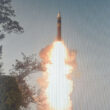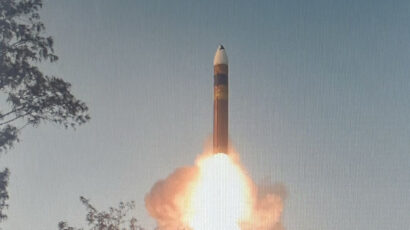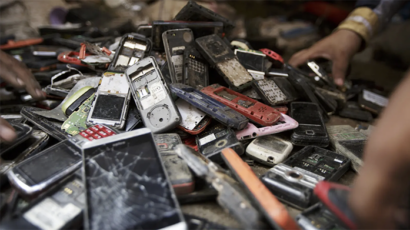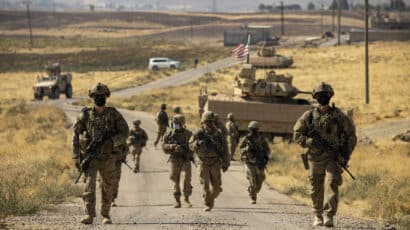Steps back from the brink at the Strait of Hormuz
Steps back from the brink at the Strait of Hormuz
The United States and Iran may be heading to a showdown at the Strait of Hormuz that could potentially lead to war. The result could be many deaths, serious damage to the world economy, and an Iran hell-bent on acquiring nuclear weapons. Is there any way out?
The Joint Comprehensive Plan Of Action (JCPOA) was a good deal for the United States and for Iran, but only a partial step toward a peaceful Middle East. For the United States, it was neither a complete nor a permanent solution to the danger of nuclear proliferation in the Persian Gulf region, nor did it address other issues of regional security. For Iran, while the United States agreed to allow others to trade with Iran, it maintained its own boycott, with specific exceptions. The lack of congressional and subsequently Trump administration support for the JCPOA created uncertainty about its future, and therefore caution on the part of foreign companies that might otherwise be interested in investing in Iran.
Given this context, if both sides could hold off on attacks, perhaps there could be a stepwise approach to a new settlement.
As a first step, the United States could drop its sanctions threats against companies in other countries that wish to trade with Iran, and Iran could return to full compliance with its commitments under the JCPOA. Iran would once again be able to sell its oil on the international market, so Iran, itself, would want the Strait of Hormuz to remain open.
This first step might provide the breathing room for a second, in which the international community could start to talk about a longer-term agreement with guarantees for foreign—and even US—companies that would allow them to re-engage economically with Iran. For its part, Iran could agree to multinational control of its uranium enrichment program and the transfer, funded by other Gulf countries, of this program to a neutral location—for example one of the islands in the Gulf. These facilities would take on a commitment to advanced real-time International Atomic Energy Agency (IAEA) safeguards, while Iran and its neighbors would commit to the IAEA Additional Protocol and other safeguards currently in the JCPOA. Both Iran and its neighbors on the Persian Gulf would commit not to undertake separate national enrichment or plutonium-separation programs.
One can hope that such an agreement, with its re-engagement of Iran in the world economy, could lead to a third step, a broad non-aggression agreement among the Persian Gulf nations and an end to the war in Yemen.
Robert J. Goldston and Frank N. von Hippel
Program on Science and Global Security
EXPERT COMMENTARY
Princeton University













